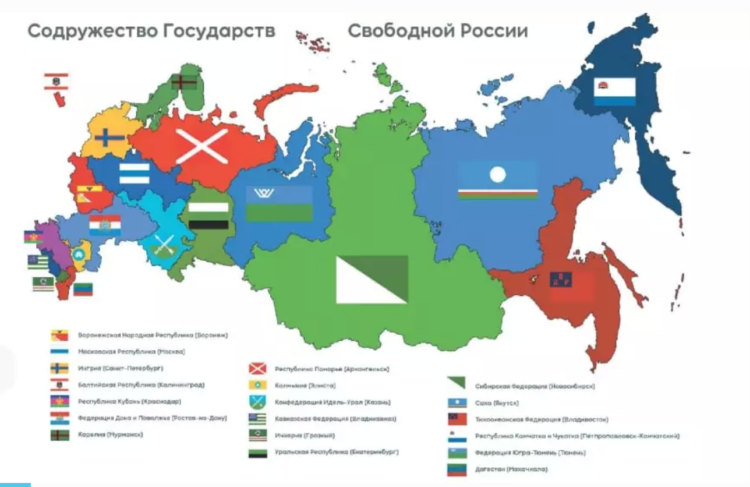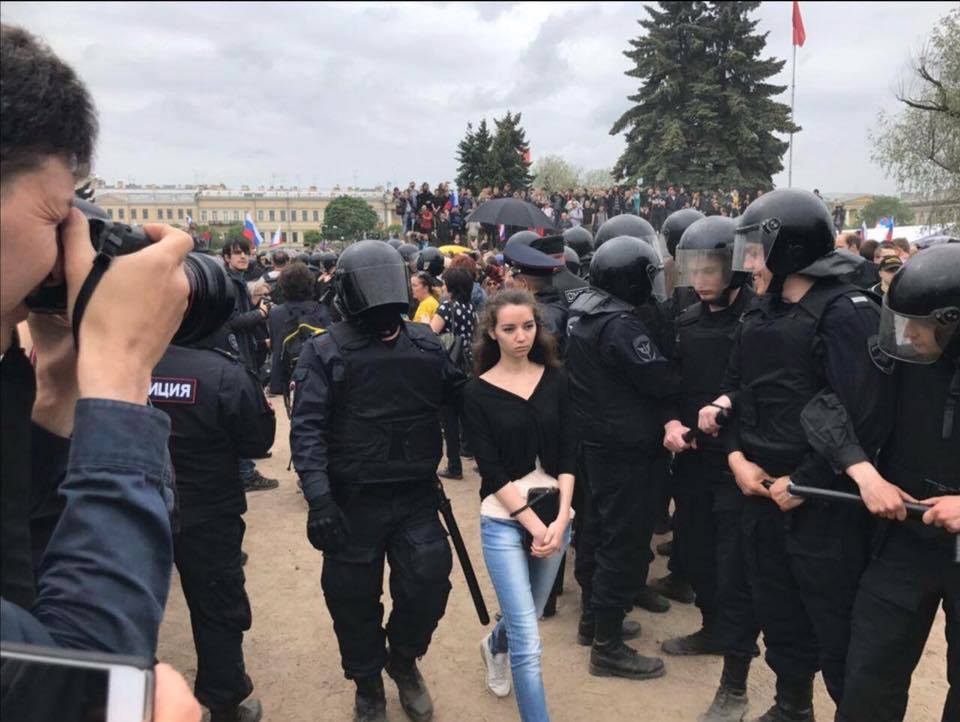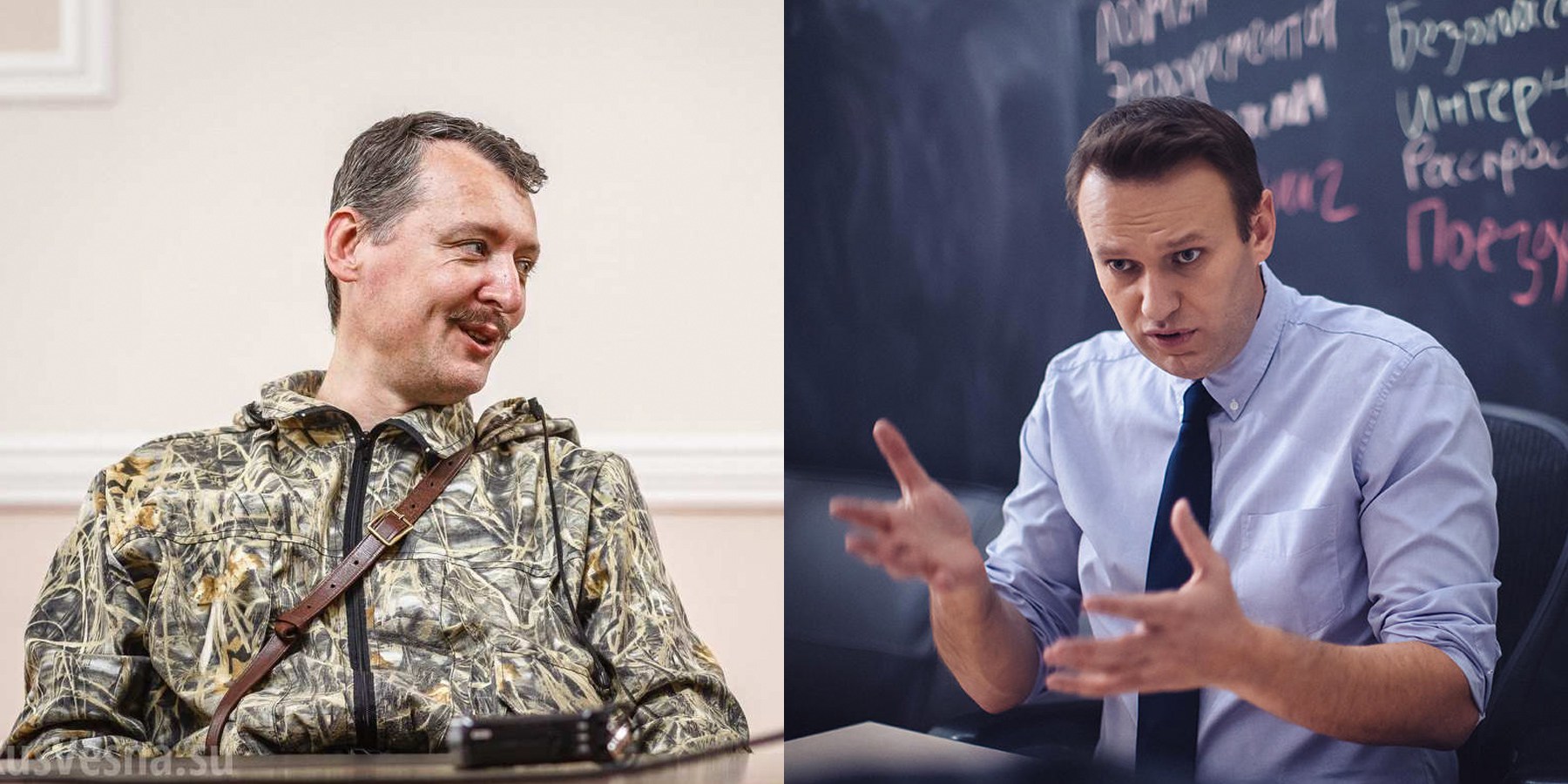The Navalny ally makes that argument about the fate of the Russian Federation on a YouTube video ; Sidorov, a Prague-based Russian analyst, recapitulates his words and discusses them on the IdelReal portal.
According to Sidorov, Volkov dismisses as absurd the view that Russia will fall apart because it is so large and argues, much more sensibly, that it won’t come apart as the USSR did because it is much more culturally homogeneous and unites regions that are “economically interested in cooperating with one another.”
Related: By invading Ukraine, Putin has hastened the disintegration of Russia, Etkind says
“Besides Chechnya, there are only a few regions in Russia such as Sakha Republic, Tyva, and a few republics in the North Caucasus which are ethnically, culturally, and historically to a much lesser degree part of Russia than typical Russian regions.” But he argues that even these republics don’t want to leave because they are subsidized by Moscow.
As a result, talk about the disintegration of Russia now or in the future is inappropriate. To be sure, Russia is too centralized, and the regions should have re power to keep the taxes they collect and make their own choices, as do American states and the German Lander. But none of them really want to leave, Volkov says.
@Kasparov63: #Navalny is wrong on not arming #Ukraine http://t.co/eqeqiDvwbd pic.twitter.com/7sQjbmxAIj
— Euromaidan Press (@EuromaidanPress) March 20, 2015
Intriguingly, Sidorov reports, the Navalny activist says that the parade of sovereignties under Boris Yeltsin was a good thing, something very much at odds with what other opposition figures have been saying. But then the Prague-based commentator begins his critique of Volkov’s position.
Not only is it schematic, Sidorov says, but it reflects a view of nationalism that holds that non-Russians are strong only when they dominate the population of a region or republic. In fact, there have been many cases in which the titular nationality is not a majority but nonetheless leads even ethnic Russians living among them toward a more decentralizing position.
And Volkov ignores the fact, the Prague analyst says, that those nations who want to preserve economic and cultural ties may see doing so facilitated by rather than prevented by the creation of independent states. The Navalny leader appears to believe that anyone who wants cooperation wants subordination too, something that is obviously not the case.
Related:
- The Kremlin’s playbook: fabricating pretext to invade Ukraine – more myths
- Concessions to Russian demands at “peace talks” will only bring further aggression
- Except for Belarus, all of Russia’s ‘allies’ in the EAEC and OCST have failed to support Moscow on Ukraine
- Only military defeat in Ukraine can stop Putin from pursuing his larger goals, Skobov says
- Moscow issues slide show for Russian schools to teach pupils to hate Ukraine
- Why Putin is setting Russia up to lose far more than Moscow did in 1991
- Garry Kasparov: Navalny is wrong on not arming Ukraine
- Why Khodorkovsky and Navalny will return Crimea





